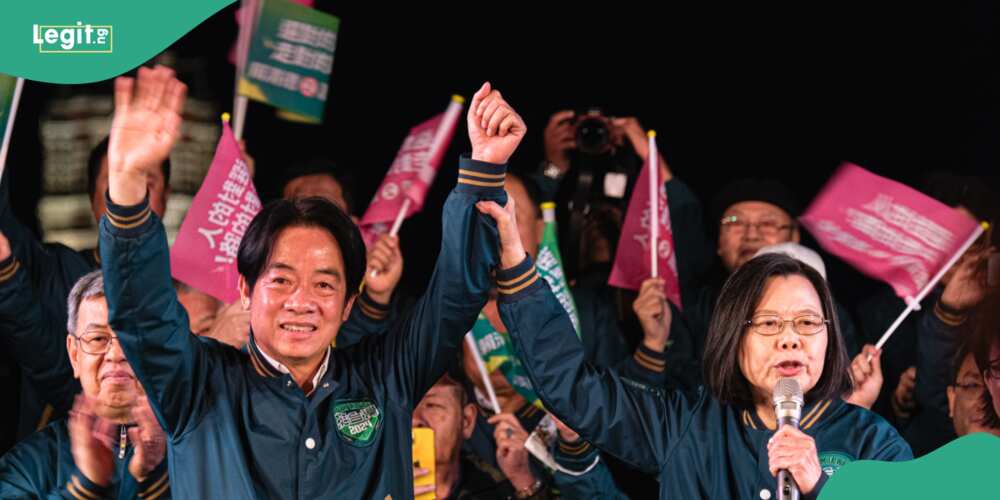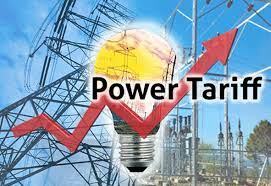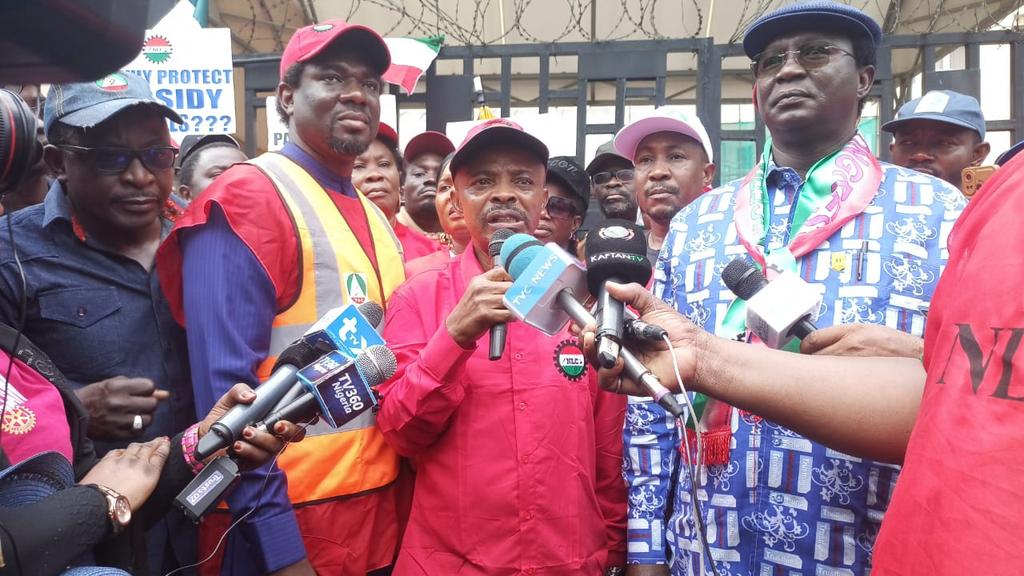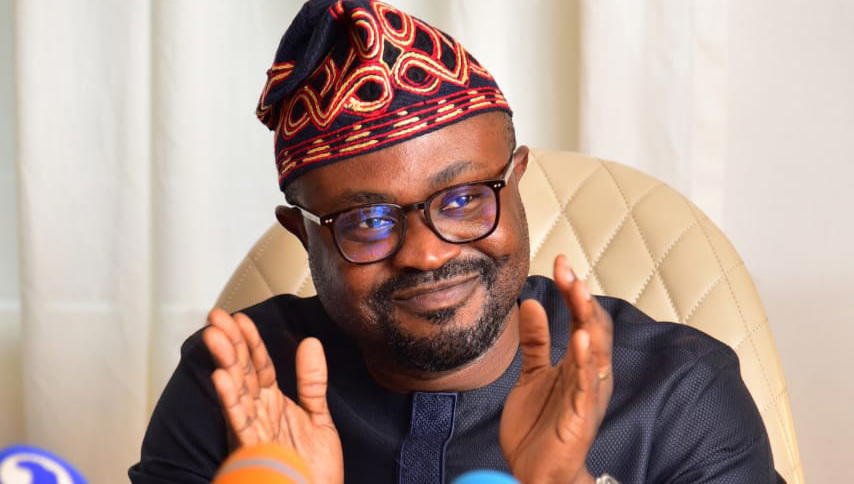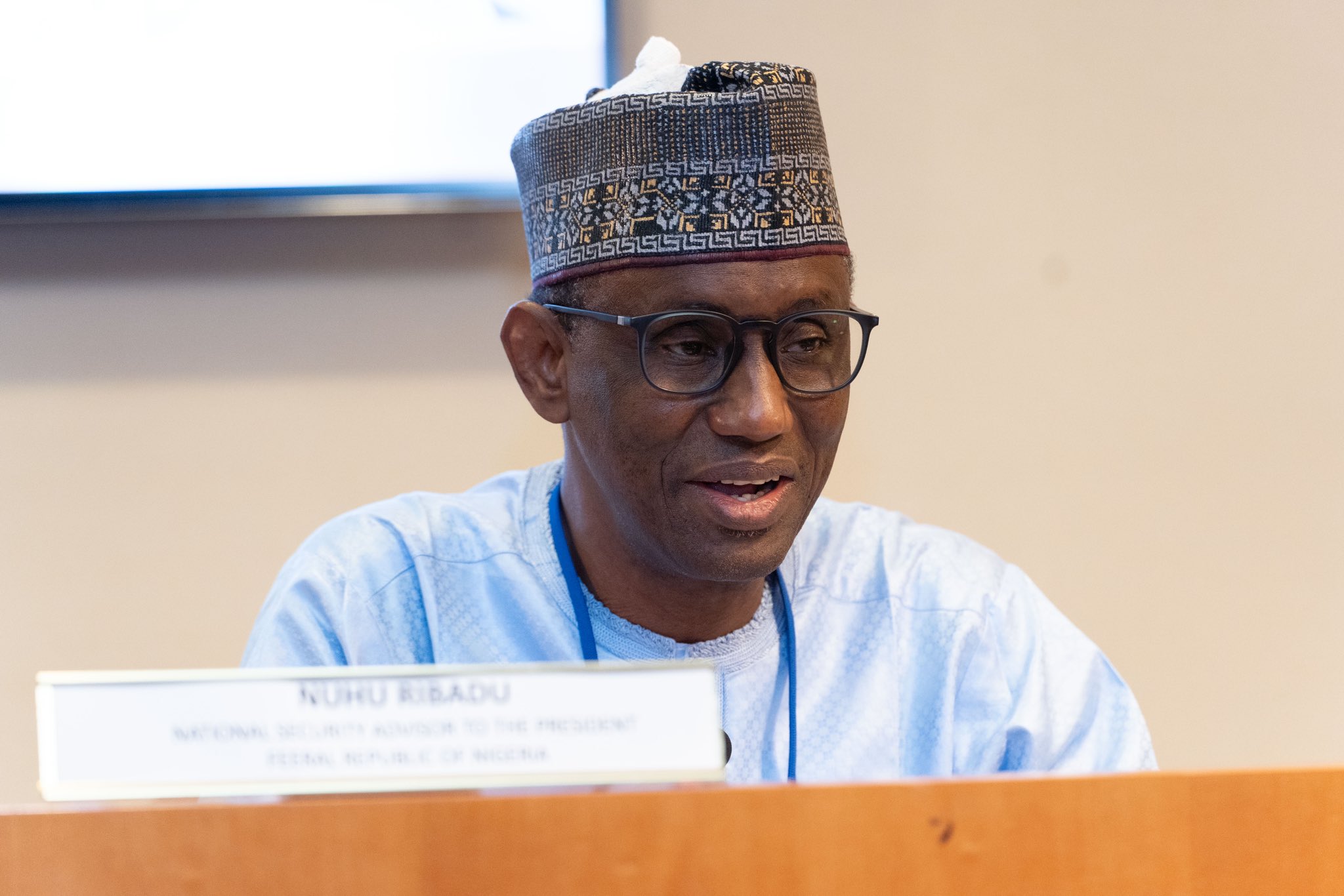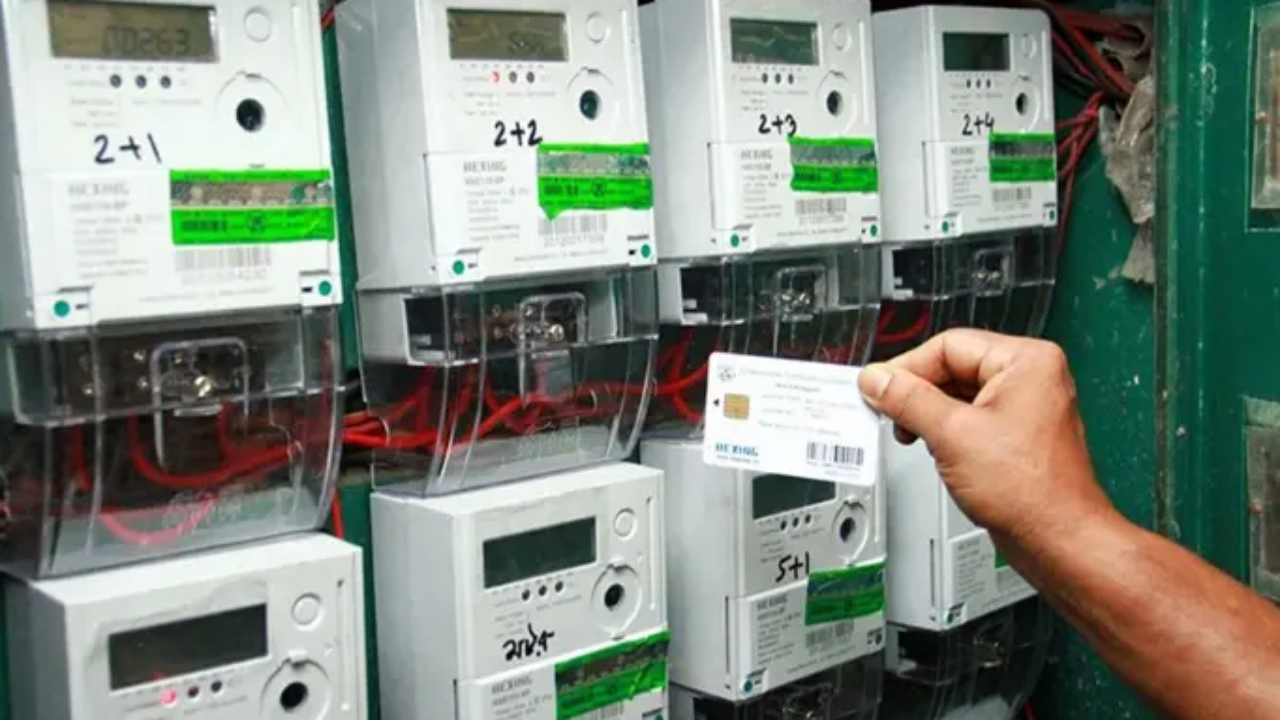Taiwan’s ruling Democratic Progressive Party pulled off a historic third consecutive presidential victory at the polls on Saturday, as 40% of voters favored Lai Ching-te whose father was a coal miner to lead the country to a forseeable future. In the build-up to the elections, China warned Taiwan’s voters that their re-election would increase the risk of a conflict.
Lai Ching-te, Taiwan’s current vice president, declared victory on Saturday evening while his two opposition rivals both conceded defeat.
“This is a night that belongs to Taiwan. We managed to keep Taiwan on the map of the world,” Lai told thousands of jubilant supporters at a rally after his win.
“The election has shown the world the commitment of the Taiwanese people to democracy, which I hope China can understand,” he added.
China responded soon after the vote by saying “Taiwan is part of China.”
Lai’s running mate Hsiao Bi-khim, who recently served as Taiwan’s top envoy to the United States, was elected Vice President.
The counting of votes has concluded, with Lai – the candidate of Taiwan’s ruling Democratic Progressive Party (DPP) – receiving just over 40% of the total votes, according to Taiwan’s Central Election Commission (CEC).
Taiwan’s opposition Kuomintang (KMT) party candidate Hou Yu-ih garnered 33.49% of the votes, while Taiwan People’s Party (TPP) candidate Ko Wen-je received 26.45%. More than 14 million people took part, meaning that voter turnout came in at just over 71%.
Following Taiwan’s election result, a spokesperson for China’s Ministry of Foreign Affairs said no matter “whatever changes take place in Taiwan, the basic fact that there is only one China in the world and Taiwan is part of China will not change.”
The spokesperson continued: “The one-China principle is the solid anchor for peace and stability in the Taiwan Strait. We believe that the international community will continue to adhere to the one-China principle and understand and support the Chinese people’s just cause of opposing ‘Taiwan independence’ separatist activities and striving to achieve national reunification.”
A spokesperson for China’s Taiwan Affairs Office earlier insisted the election result “does not represent the mainstream view on the island.”
Other world powers have congratulated Lai, with US Secretary of State Antony Blinken saying the vote demonstrated “the strength of [Taiwan’s] robust democratic system and electoral process.”
Like outgoing president Tsai Ing-wen, who cannot stand again because of term limits, Lai is openly loathed by China’s Communist Party leaders and his victory is unlikely to lead to any improvement in ties between Beijing and Taipei.
China cut off most communications with Taipei after Tsai took office and ramped up diplomatic, economic, and military pressure on the self-ruled island, turning the Taiwan Strait into one of the world’s major geopolitical flashpoints.
In the run-up to Saturday’s vote, Beijing warned Taiwan’s voters to “make the right choice” and “recognize the extreme danger of Lai Ching-te’s triggering of cross-strait confrontation and conflict.”
His running mate Hsiao has been sanctioned twice by China for being a “stubborn secessionist.”
Speaking to the media ahead of his victory speech on Saturday night, Lai called his win a “victory for the community of democracies.”
“We are telling the international community that between democracy and authoritarianism, we still stand on the side of democracy,” he said.
“I will act per our democratic and free constitutional order in a manner that is balanced and maintains the cross-strait status quo,” he added. “At the same time, we are also determined to safeguard Taiwan from continuing threats and intimidation from China”.
“In the future, we hope that China will recognize the new situation, and understand that only peace benefits both sides of the strait,” he added.
Lai’s victory comes as the US is trying to stabilize fraught relations with China and prevent competition from veering into conflict. During Tsai’s administration, Taiwan bolstered ties with the United States, its biggest international backer, which increased support and arms sales to the island.
US officials have said that Washington will uphold its longstanding policy toward Taiwan no matter who takes on the top job. The Biden administration will dispatch an unofficial delegation – including former senior officials – to Taipei following the election in keeping with past practice, according to senior officials.
CNN










